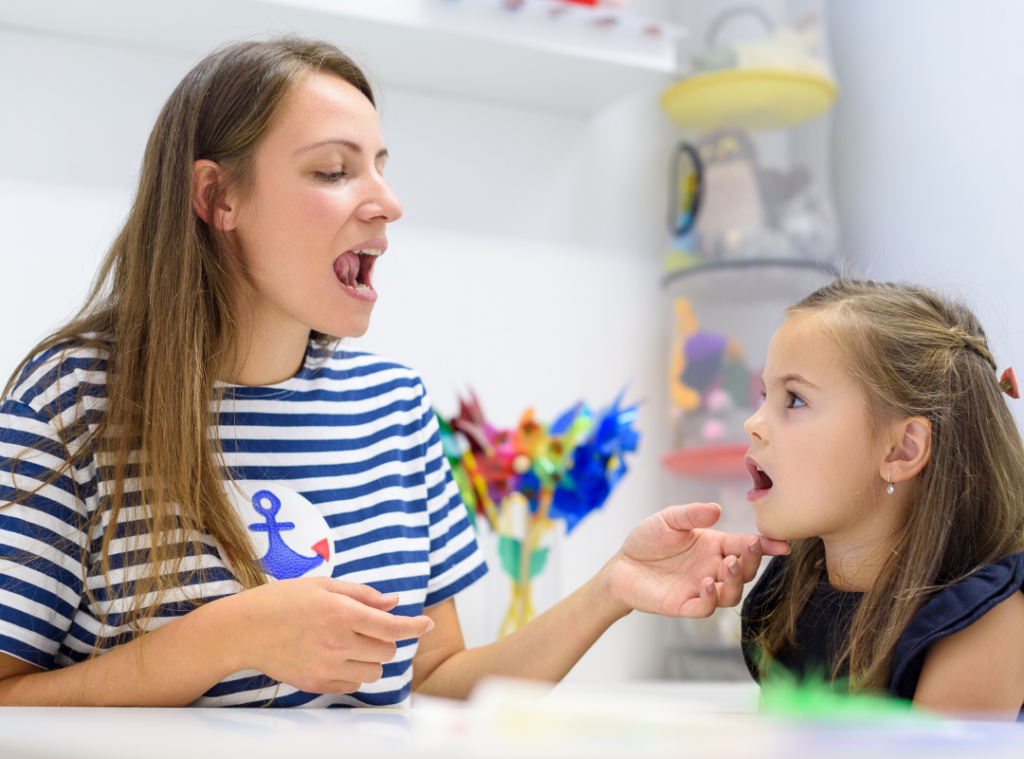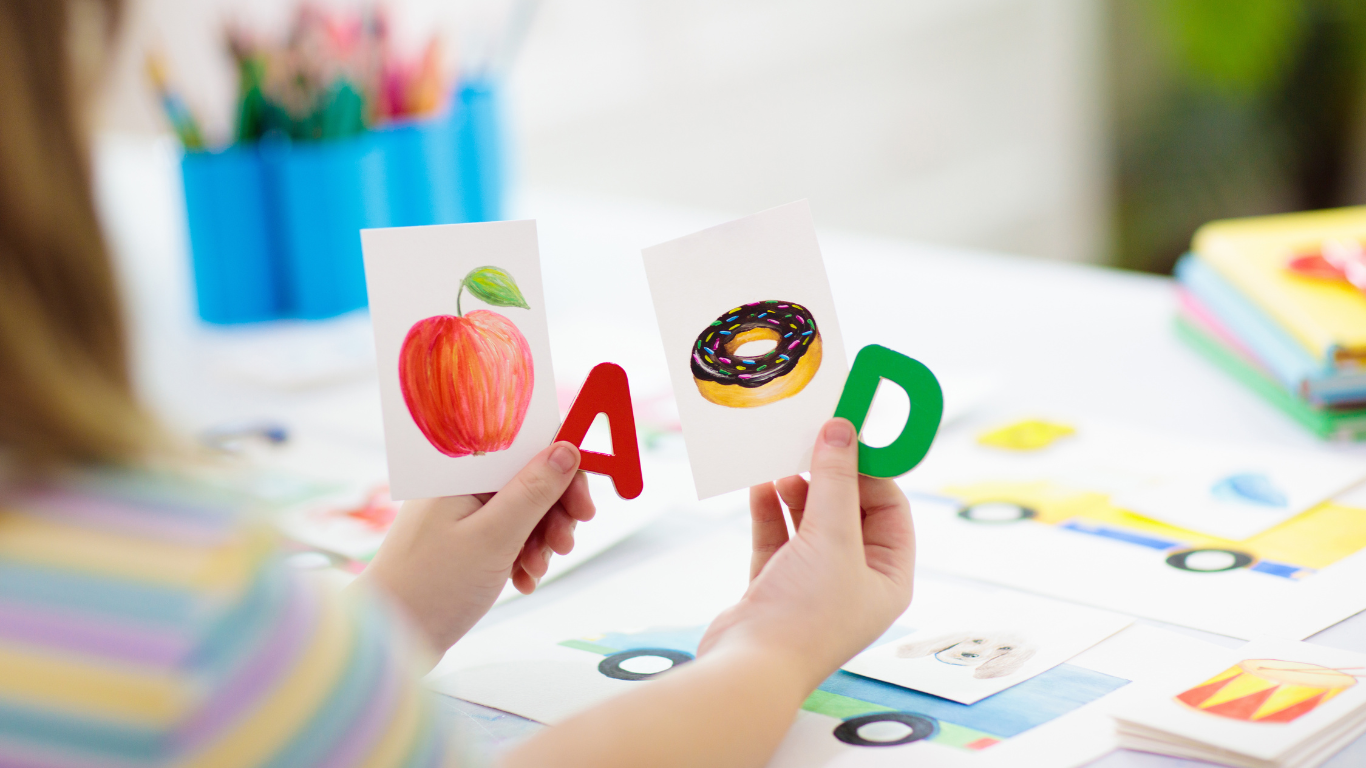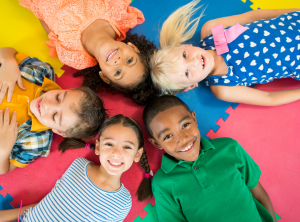Here are the key components involved in language and literacy development for preschoolers:
Oral Language Skills:
- Vocabulary Building: Introducing new words and concepts through conversations, storytelling, and activities.
- Listening and Comprehension: Encouraging children to listen actively and understand spoken language.
- Speaking Skills: Helping children express themselves clearly, building sentences, and communicating effectively.
Phonological Awareness
- Recognizing Sounds: Teaching children to identify and differentiate between sounds in spoken language.
- Rhyming and Syllable Awareness: Engaging in activities that highlight rhyming words and breaking words into syllables.
Alphabet knowledge:
- Letter Recognition: Introducing the letters of the alphabet and associating them with their sounds.
- Letter-Sound Correspondence: Teaching the relationship between letters and the sounds they represent.
Print Awareness:
- Understanding Print Concepts: Introducing the basic features of written language, such as reading left to right, top to bottom, and understanding punctuation.
- Environmental Print Recognition: Identifying letters, words, and symbols in the environment (e.g., signs, labels).
Emergent Writing Skills:
- Pre-Writing Activities: Engaging in activities that develop fine motor skills needed for writing, such as drawing, tracing, and using writing tools.
- Encouraging Writing: Allowing children to experiment with writing by scribbling, forming letters, and attempting to write words.
Storytelling and Literacy Engagement:
- Reading Aloud: Exposing children to a variety of books and reading stories aloud to promote a love for reading.
- Story Retelling: Encouraging children to retell or act out stories they have heard, promoting comprehension and narrative skills.

Language and Literacy Integration
- Connecting Language and Literacy: Integrating language activities with literacy skills, such as discussing stories, identifying letters, and writing related words.
Preschool programs typically incorporate various activities, games, stories, and interactions to facilitate language and literacy development. The goal is to create an engaging and supportive environment where children can explore, experiment, and develop the foundational skills essential for future academic success in reading, writing, and communication.
Course: English


